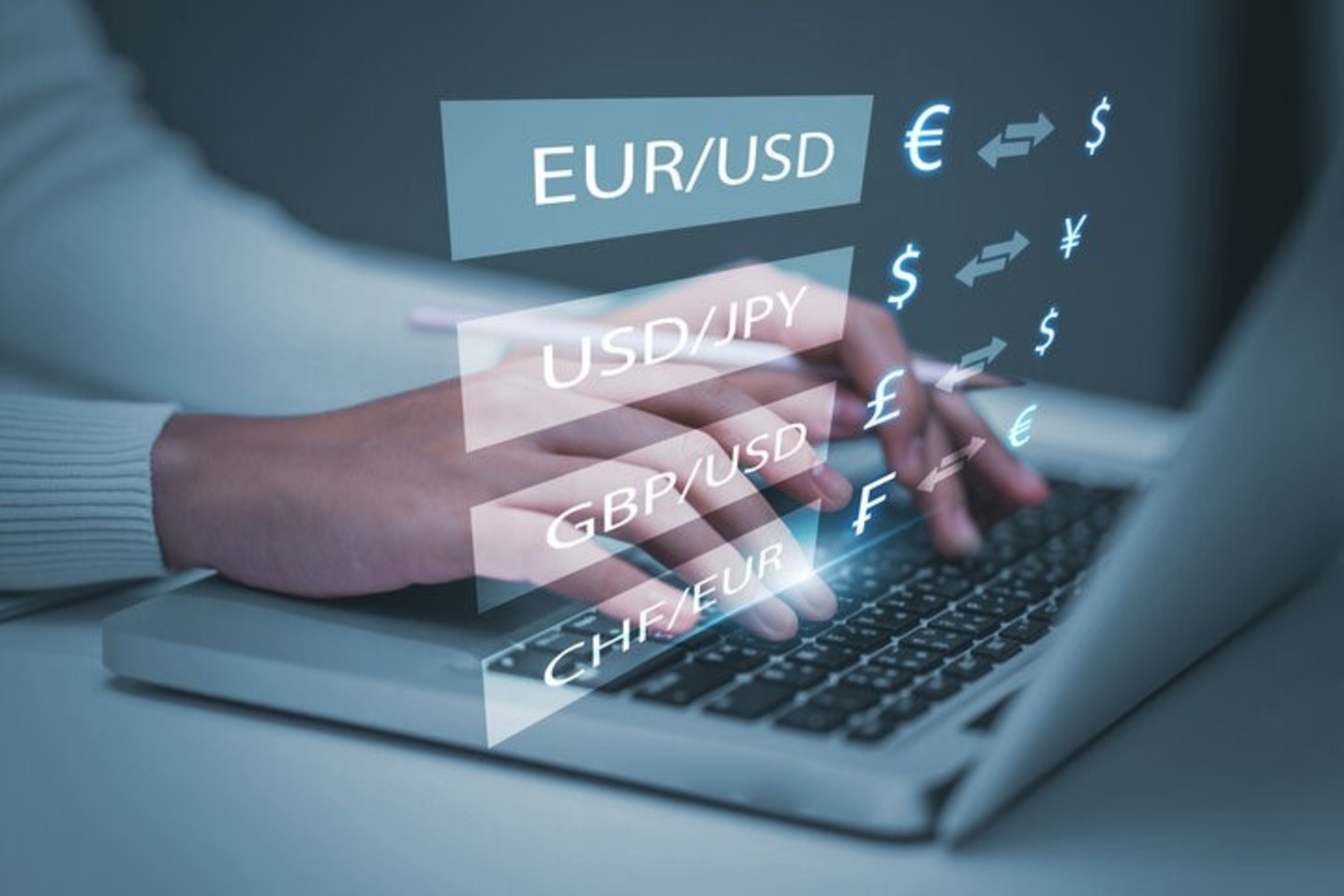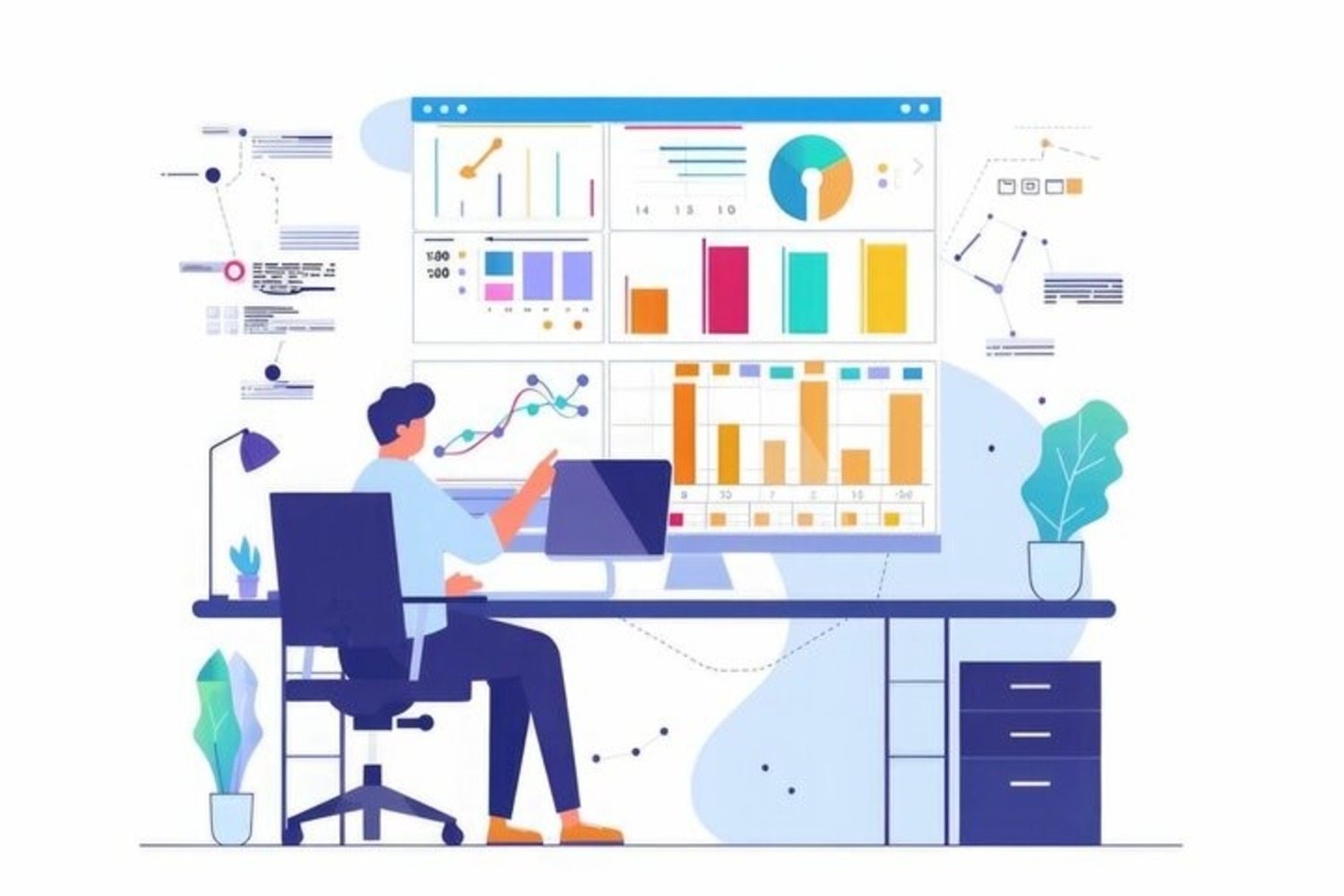The global currency market, also known as the CME IMM (International Monetary Market), is a dynamic and multifaceted financial environment. Understanding its intricacies requires a deep dive into various aspects, including exchange rates, currency futures trading, and numerous economic phenomena. This comprehensive feature explores the fundamental concepts and mechanisms that shape the currency market.
Exchange Rates: The Foundation of Currency Markets
Floating Exchange Rates
Floating exchange rates are determined by the free market forces of supply and demand. In this system, the value of a currency fluctuates based on economic indicators, geopolitical events, and market sentiment. Major currencies like the US dollar, euro, and yen operate under floating exchange rates, providing flexibility and responsiveness to economic changes.
Free Exchange Rates
Free exchange rates refer to a market where there are no governmental restrictions on currency trading. It allows for the unfettered exchange of currencies, promoting global trade and investment. However, this can lead to high volatility as currencies are subject to rapid fluctuations based on market dynamics.
Exchange Rate Parity
Exchange rate parity is a theoretical condition where two currencies are equal in value. It is closely related to the concept of purchasing power parity (PPP), which states that in the absence of transaction costs and trade barriers, identical goods should cost the same in different countries when prices are expressed in a common currency.
Currency Futures Trading
Currency futures trading involves buying and selling currency contracts for future delivery at a predetermined price. This market allows traders to hedge against currency risk and speculate on future currency movements. Futures contracts are standardized and traded on exchanges like the Chicago Mercantile Exchange (CME), providing transparency and liquidity.
Forex Trading
Forex trading is the largest and most liquid financial market in the world. It involves the direct exchange of currencies in the over-the-counter (OTC) market. Traders engage in spot transactions, forwards, options, and swaps to capitalize on currency price movements. Forex trading is accessible to individual investors, institutions, and governments, making it a cornerstone of global finance.
Currency Bank Rate
The currency bank rate, often referred to as the exchange rate, is the rate at which a country’s central bank exchanges its currency for another currency. This rate influences the broader economy by affecting import and export prices, inflation, and interest rates.
Devaluation and Depreciation
Devaluation
Devaluation is a deliberate downward adjustment of a country’s currency value by its government or central bank. This is typically done to boost exports by making them cheaper on the global market, but it can also lead to higher import costs and inflation.
Depreciation
Depreciation refers to a decline in a currency’s value due to market forces rather than government intervention. Factors like political instability, economic performance, and interest rate differentials can cause a currency to depreciate.
Falling and Rising Exchange Rates
A falling exchange rate indicates a decrease in the value of a currency relative to others. This can make exports more competitive but increase the cost of imports. Conversely, a rising exchange rate signifies a stronger currency, which can reduce inflationary pressures but may harm export competitiveness.
Historical Standards: Gold and Silver
Gold Standard
The gold standard is a monetary system where a country’s currency is directly linked to a specific amount of gold. This system, which dominated global finance until the mid-20th century, provided long-term price stability but limited monetary policy flexibility.
Gold and Silver Standard
Before the gold standard, some countries used a bimetallic standard, where both gold and silver were used to back currency. This system provided more flexibility than a pure gold standard but often led to complex valuation issues.
Economic Phenomena Impacting Exchange Rates
Inflation
Inflation is the rate at which the general price level of goods and services rises, eroding purchasing power. High inflation can lead to currency depreciation as it reduces the currency’s value relative to others with lower inflation rates.
Stagflation
Stagflation is a situation where an economy experiences stagnant growth, high unemployment, and high inflation simultaneously. This creates a challenging environment for policymakers and can lead to severe currency devaluation.
Stagnation
Stagnation refers to a prolonged period of slow economic growth, typically accompanied by high unemployment. While it might not directly impact exchange rates as dramatically as stagflation, it can lead to lower investor confidence and currency depreciation.
Reflation
Reflation involves measures taken by a government to expand economic output and counteract deflationary pressures. This can include monetary policies like lowering interest rates and fiscal policies like increased government spending.
Disinflation
Disinflation is the process of slowing the rate of inflation. While it indicates a decrease in inflationary pressures, it does not imply deflation. Disinflation can strengthen a currency as it suggests better economic stability.
Deflation
Deflation is a decrease in the general price level of goods and services, often leading to increased currency value. However, deflation can also signal economic trouble, as declining prices may result in reduced consumer spending and investment.
The currency market is influenced by a myriad of factors ranging from market-based exchange rates to government interventions and economic conditions. Understanding these elements is crucial for traders, investors, and policymakers navigating the global financial landscape. Whether through forex trading or currency futures, participants must stay informed and adaptable to the ever-changing dynamics of currency exchange.
To open an account with Cannon Trading Company, please click here.
Ready to start trading futures? Call US 1(800)454-9572 – Int’l (310)859-9572 email info@cannontrading.com and speak to one of our experienced, Series-3 licensed futures brokers and start your futures trading journey with E-Futures.com today.
Disclaimer – Trading Futures, Options on Futures, and retail off-exchange foreign currency transactions involves substantial risk of loss and is not suitable for all investors. Past performance is not indicative of future results. You should carefully consider whether trading is suitable for you in light of your circumstances, knowledge, and financial resources. You may lose all or more of your initial investment. Opinions, market data, and recommendations are subject to change at any time.
Important: Trading commodity futures and options involves a substantial risk of loss. The recommendations contained in this writing are of opinion only and do not guarantee any profits. This writing is for educational purposes. Past performances are not necessarily indicative of future results.
**This article has been generated with the help of AI Technology. It has been modified from the original draft for accuracy and compliance.
***@cannontrading on all socials.









